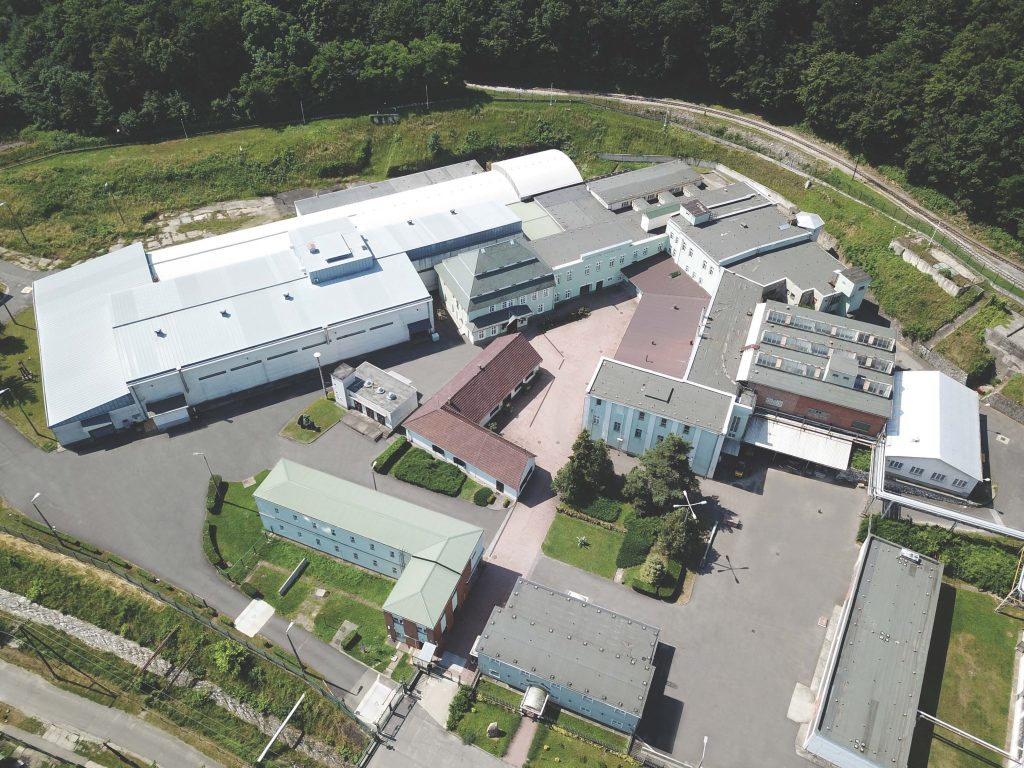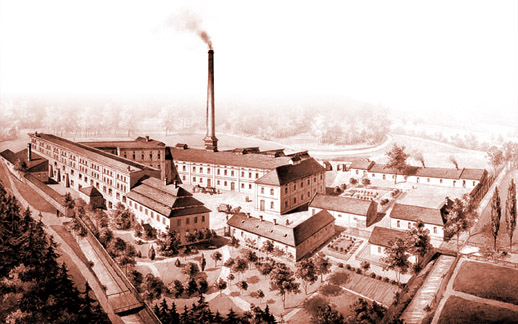DIPA Inc. is the sole security basepaper supplier in Hungary. For more than two centuries our products have always embodied the prestige and expertise of our papermill.

The present
Our paper machine is capable of both fourdrinier and cylinder mould productions. The short delivery times, the ability to produce smaller lots, the high quality and the wide variety of applicable security elements are all key factors to the satisfaction of our customers.
Due to the latest development of the Hungarian national currency between 2014 and 2019 we have modernized our machinery and production technology to better fit the market needs of our renowned customers.
2019 Drive system upgrade on the paper machine.
2019 CWA 15374 certification.
2017 Installing new cutting and sorting machines.
2017 ISO 27001 certification.
2002 ISO 9001 and ISO 14001 certification.
1997 Major investments to match the requirements of the 21st century regarding security paper production.
1993 The Hungarian Banknote Printing Company becomes the shareholder.
1990 The papermill becomes a subsidiary.
1963 The company joins the trust of the national paper factories in Hungary and the mass-production begins.
1948 The company becomes state owned due to nationalisation.
1946 Introduction of the new Hungarian currency, the forint, the basepaper of which is produced by DIPA ever since.
1927 Introduction of a new currency, the pengő.
1925 The Central Bank of Hungary becomes the shareholder.
1890 The papermill receives a gold medal at the World Fair in Paris for its high quality watermarked papers. The current owner purchases a modern cylinder mould paper machine during the expo which paves the road for future developments in the factory.
1878 The pace of development started to slow down in the 1870’s so the papermill received a new owner, Mihály Kolba. He and his family managed to keep the positive reputation of the factory.
1846 The papermill receives a silver medal on a well-known national industrial exhibition.
1842 After 1836 the papermill receives a new owner, Károly Fiedler. The factory went through a significant technological development under his management.
1802 The creation of the first watermarked paper in the factory.
1782 The construction was carried out eventually using the original blueprints. The first owner of the factory was Sámuel Martinyi.
1773 The architect József Forschel creates the blueprints of the papermill. The construction was rejected by the queen Maria Theresa due to funding issues.


